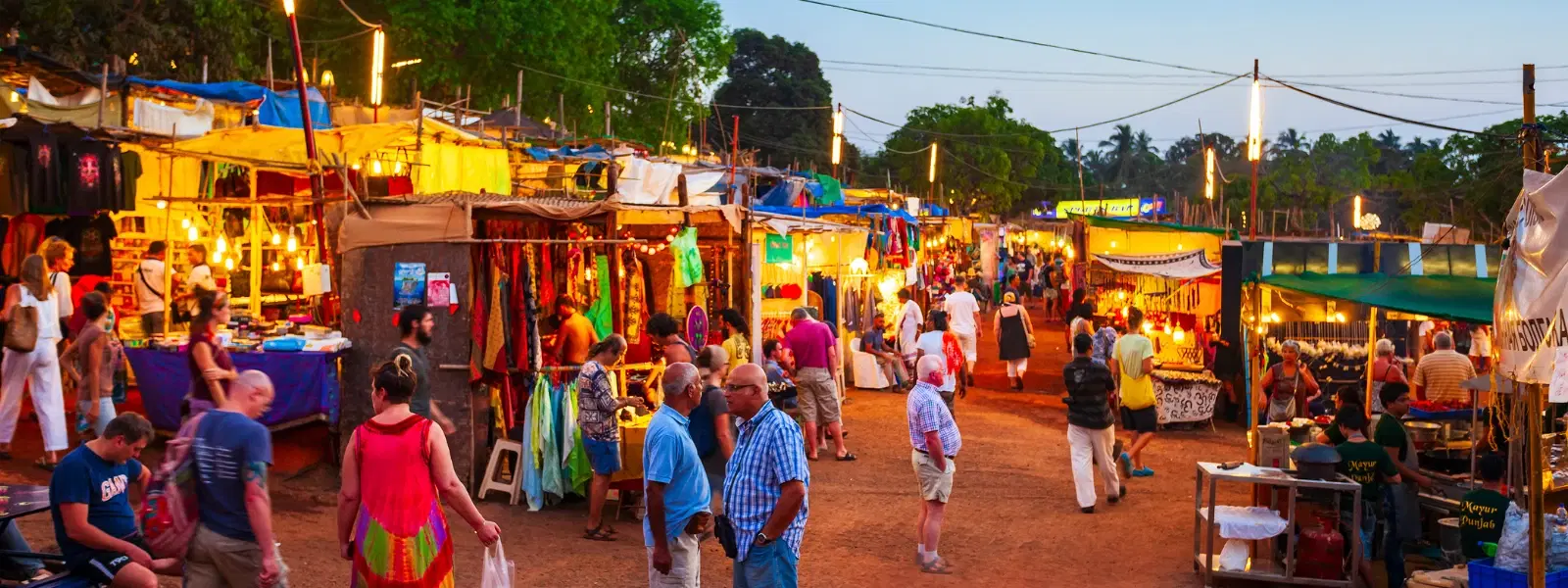
Hotels
•03 min read

Bidriware craft is not merely an art form—it is an enchanting dance of history and culture, echoing through the corridors of Bidar, Karnataka. This exquisite metalwork, born out of a Persian legacy, has transformed into a celebrated South Indian handicraft that captures hearts with its intricate designs and profound cultural significance. In this blog, we explore frequently asked questions about Bidriware craft, unearthing the secrets of its history, the skilled artisans behind every masterpiece, and the artisan tours that let visitors experience this glorious heritage firsthand.
Bidriware art traces its origins to the Persian courts, arriving in India during the era of the Bahmani Sultanate. Over time, Bidar emerged as the nurturing hub where this imported technique was intricately fused with local artistic traditions. The result was a unique metal art that reflects both Persian elegance and Indian vibrancy. Today, Bidriware stands as a symbol of the rich tapestry of Karnataka traditional crafts.
The hallmark of Bidri metalwork is the use of a distinctive black metal alloy expertly inlaid with intricate silver patterns. The contrast between the deep, matte finish and the shimmering silver designs is reminiscent of the delicate interplay between night and starlight. Inspired by Mughal and Deccan art, these patterns are not only a feast for the eyes but also a narrative of cultural fusion and sophisticated craftsmanship.
The craftsmen behind these geomtric and floral masterpieces are true custodians of legacy. Often hailing from generations of artisans, these skilled individuals have dedicated their lives to maintaining the authenticity of this art form. Despite the challenges of modernity, including dwindling interest and material constraints, these artisans strive to keep their ancient craft alive, contributing to Karnataka's rich mosaic of cultural heritage crafts.
Each piece of Bidriware is a testament to years of honed expertise. The process begins with melting a special alloy, followed by molding it into desired shapes. Next comes the delicate task of engraving intricate patterns before the masterpiece is inlaid with silver. A critical element in this process is the use of soil from Bidar, which when applied, oxidizes the metal to achieve its signature black finish.

"Did You Know? The soil used for oxidizing Bidriware is sourced exclusively from the fort of Bidar, making it an irreplaceable element in the craft’s unique appearance."
Bidriware designs are as diverse as they are beautiful. Geometric patterns, delicate floral motifs, and elegant calligraphy blend seamlessly to create art that tells a story. These designs reflect the amalgamation of Persian art with local aesthetics, emphasizing both symmetry and fluidity in their execution. This fusion is evident in every handcrafted metal artifact, which not only celebrates artistic heritage but also serves as a lasting legacy of Bidar handicrafts.
From ornate vases and shimmering jewelry to intricately designed trays and decorative items, Bidriware offers a stunning variety of handicrafts. Each artifact is a prized collectible, cherished by connoisseurs and cultural enthusiasts alike. They make perfect gifts and treasured keepsakes that encapsulate the essence of South Indian handicrafts and the refined elegance of Bidriware art.
Bidriware is more than just art—it is a critical element of Karnataka’s traditional crafts. Celebrated as a Geographical Indication (GI) product, its recognition ensures that the craft continues to be protected and promoted. It stands as a proud reminder of Karnataka’s artistic legacy, representing the delicate balance between heritage and innovation in the world of handcrafted metal artifacts.

For those seeking to immerse themselves in the world of authentic craftsmanship, Indian artisan tours offer an intimate look at Bidriware creation in Bidar. Visitors can witness the meticulous process in action, meet the dedicated artisans, and explore local markets bustling with authentic Bidriware designs. Planning a Bidriware craft Bidar Karnataka artisan tour can be an enriching experience where history, art, and culture seamlessly converge. Consider arranging your tour during local festivals or cultural events to fully appreciate the vibrant spirit of this age-old craft.
Bidar is famous for Bidriware, a unique form of metalwork that combines a black alloy with intricate silver inlay designs.
Bidar, located in Karnataka, is renowned as the hub of Bidri craft, where skilled artisans preserve this ancient tradition.
The most famous items of Bidar are Bidriware artifacts, such as vases, jewelry, and decorative trays, celebrated for their detailed silver inlay work.
The craftspersons of Bidar are highly skilled artisans, many of whom come from families that have practiced Bidriware art for generations.
Bidriware craft is a fascinating blend of Persian artistry and South Indian tradition, encapsulating the rich cultural tapestry of Bidar, Karnataka. Its journey from historical origins to becoming a timeless symbol of heritage is evident in every engraving and silver inlay. Exploring a Bidriware craft Bidar Karnataka artisan tour offers a unique insight into this exquisite art form, enabling visitors to experience firsthand the passion and dedication of the Bidri artisans. As you delve into this remarkable world, you uncover the soul of a tradition that continues to shine through its handcrafted metalwork.